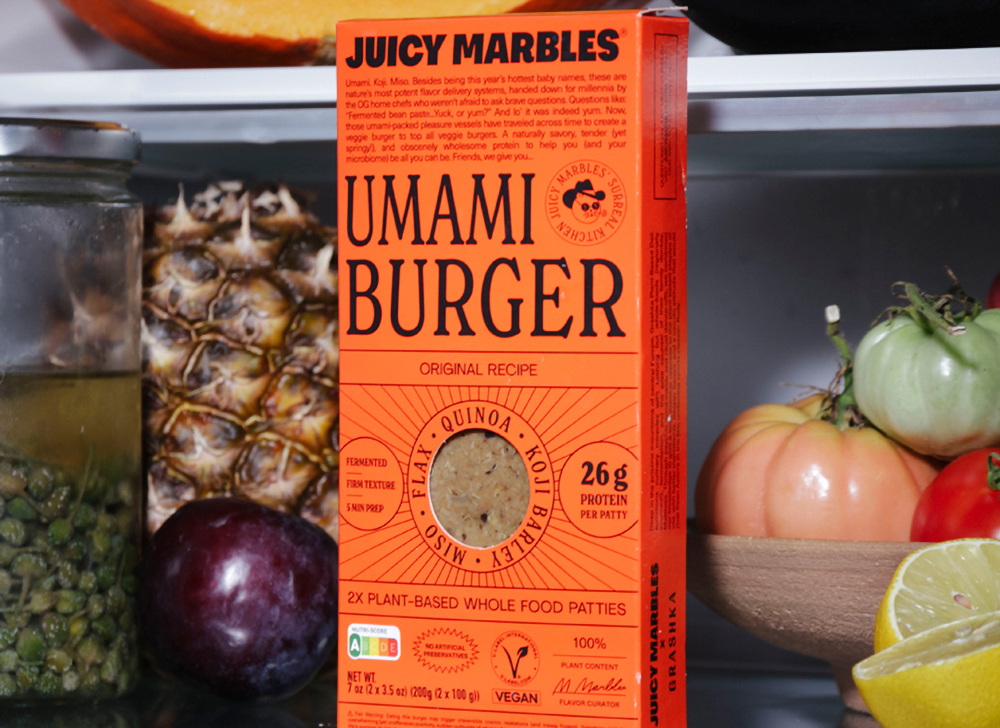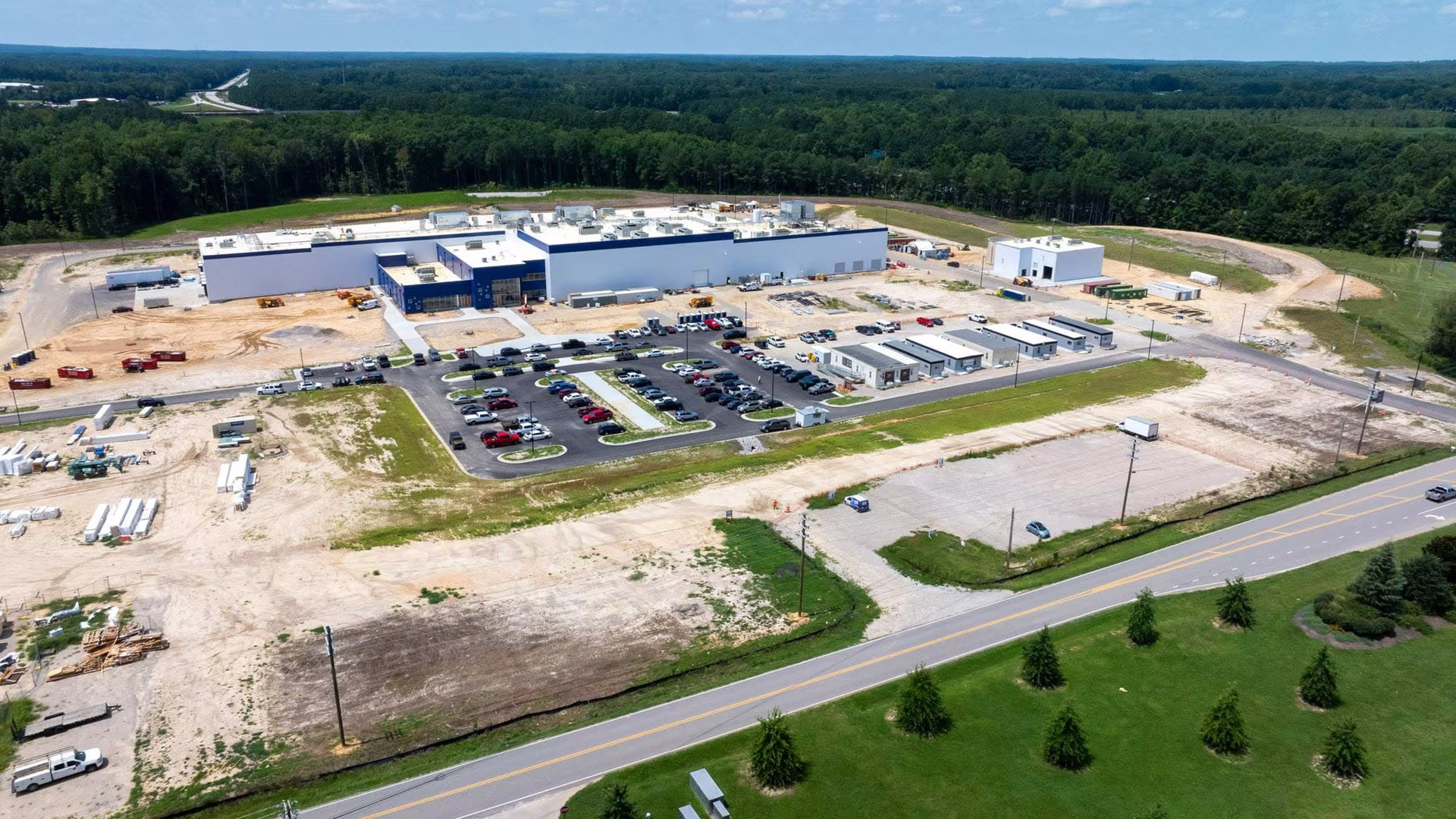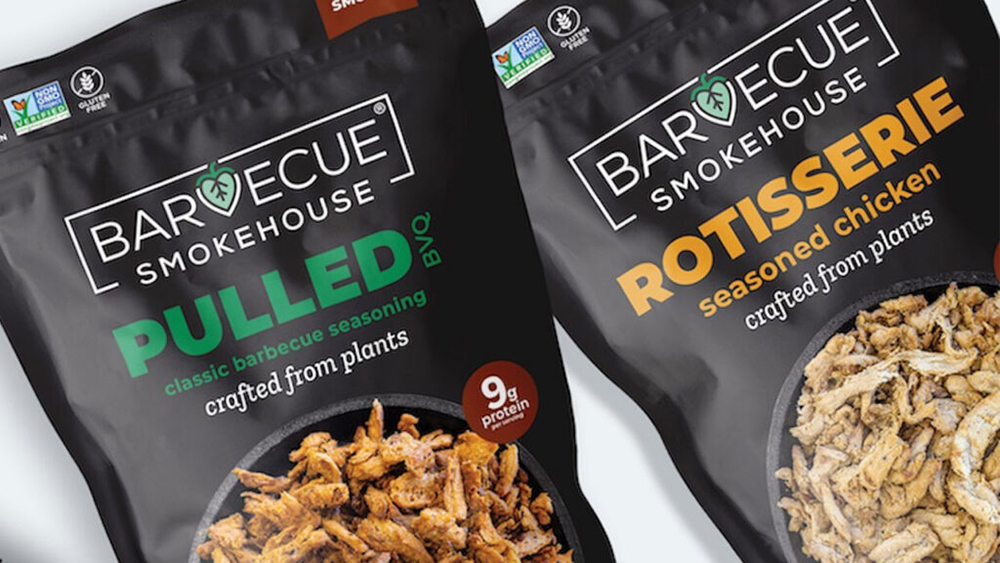

Steakholder Foods launches cutting-edge 3D printing food production demonstration center
Steakholder Foods has unveiled its state-of-the-art 3D printing food production demonstration center in Rehovot, Israel. This new facility marks a significant milestone in the company’s mission to revolutionize meat production through advanced technology. By leveraging 3D bioprinting techniques, Steakholder Foods aims to accelerate the commercialization of cultured meat and offer consumers a more sustainable and ethical alternative to conventional animal agriculture.
The demonstration center is designed to provide stakeholders, including potential partners, investors, and regulatory authorities, with an immersive experience into the innovative processes behind Steakholder Foods’ 3D printing capabilities. The center will highlight how their proprietary 3D bioprinting technology can create structured meat products, including beef, pork, and seafood, that closely mimic the texture, flavor, and nutritional content of traditionally farmed meat.
The opening of this facility is a crucial step in Steakholder Foods’ strategy to bring 3D-printed cultured meat to market. The company’s patented bioprinting technology enables the production of whole cuts of meat with precise control over factors like fat distribution, marbling, and thickness, providing a level of customization that is nearly impossible to achieve with traditional meat production methods. By demonstrating the scalability and versatility of this technology, Steakholder Foods aims to position itself as a leader in the growing cultivated meat industry, which has been gaining momentum as a solution to the environmental, ethical, and health concerns associated with conventional meat production.
Arik Kaufman, CEO of Steakholder Foods, expressed his enthusiasm for the launch of the demonstration center, stating, "This facility is a significant leap forward for our company and the cultivated meat industry as a whole. It allows us to showcase the capabilities of our technology and demonstrate how it can be scaled for commercial use. We believe this will help pave the way for widespread adoption of cultured meat and move us closer to a future where meat production is sustainable, ethical, and efficient."
At the heart of Steakholder Foods' mission is the goal of reducing the environmental footprint of meat production. Traditional livestock farming is responsible for significant greenhouse gas emissions, deforestation, and water usage, contributing to climate change and biodiversity loss. Cultivated meat, produced through cell culture rather than animal slaughter, has the potential to dramatically reduce these environmental impacts while still satisfying the global demand for meat.
Steakholder Foods’ 3D bioprinting technology takes this a step further by enabling the production of structured meats, which are typically more resource-intensive to produce than ground or processed meat. The company’s proprietary process involves the use of bioinks made from animal cells, which are printed layer by layer to create whole cuts of meat that resemble their traditional counterparts. This method not only eliminates the need for raising and slaughtering animals but also allows for precise control over the composition of the meat, enabling healthier and more sustainable options for consumers.
The demonstration center is designed to offer a hands-on experience for a wide range of stakeholders, from investors and partners to food industry professionals and regulators. Visitors will be able to witness the 3D printing process in real time, gaining insight into how the technology works and the potential it holds for transforming the food industry. The center will also serve as a platform for collaboration, enabling Steakholder Foods to work closely with partners on product development, regulatory approvals, and market entry strategies.
Steakholder Foods has already made significant progress in the development of its cultured meat products, with successful prototypes of 3D-printed beef and pork that are indistinguishable from their traditionally farmed counterparts in terms of taste and texture. The company is also working on cultivated seafood products, which represent another major opportunity in the sustainable protein market. With the opening of the demonstration center, Steakholder Foods is poised to accelerate its product development efforts and move closer to bringing its innovative products to consumers.
Steakholder Foods is not only focused on the technological and environmental aspects of cultivated meat production but also on the potential social and economic benefits. As the global population continues to grow, the demand for protein is expected to rise, putting additional strain on already overburdened agricultural systems. Cultivated meat offers a scalable solution to this challenge, providing a way to produce high-quality protein without the resource-intensive inputs required for traditional livestock farming.
Looking ahead, Steakholder Foods plans to continue refining its 3D printing technology and expanding its product portfolio to include a wider variety of meat and seafood options. The company is also exploring partnerships with food manufacturers and distributors to help bring its products to market and ensure that consumers around the world have access to sustainable, delicious, and ethical meat alternatives.
With the opening of its 3D printing food production demonstration center, Steakholder Foods is taking a bold step toward the future of food. As Kaufman put it, "We believe this is the beginning of a new era in meat production – one that is better for people, animals, and the planet."
If you have any questions or would like to get in touch with us, please email info@futureofproteinproduction.com








